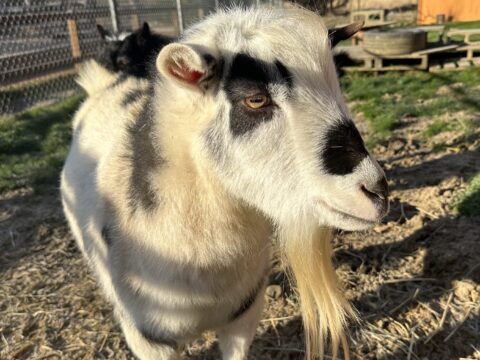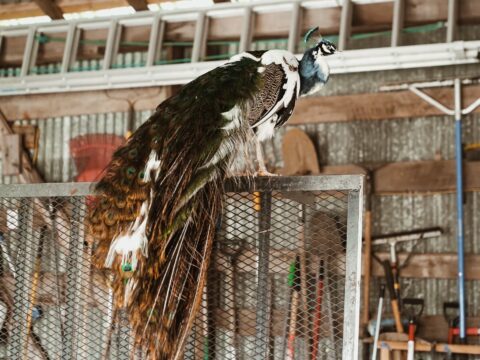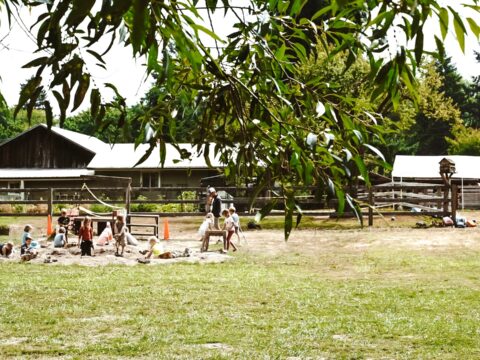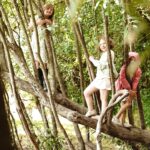
The Northwest Tree Frog, One of Our Favorites at Sequoia’s Treehouse
February 4, 2025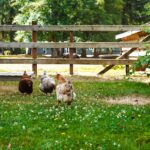
Your Backyard is a Perfect Nature Based Learning Center
February 11, 2025Enhancing learning in young children requires a combination of engaging activities, a supportive environment, and effective teaching strategies. One of the most crucial factors is interactive learning, where children actively participate through hands-on activities like puzzles, art, and building blocks. This approach strengthens problem-solving skills and creativity.
Encouraging curiosity is also essential. Asking open-ended questions and allowing children to explore their surroundings fosters a love for learning. Providing access to books, storytelling, and interactive reading helps improve language skills and comprehension.
A structured yet flexible routine supports learning by creating stability. Young children thrive on predictability, which helps them focus. However, incorporating play-based learning ensures they remain engaged. Activities such as role-playing, music, and outdoor exploration develop cognitive and social skills.
Positive reinforcement and encouragement boost confidence. Praising effort rather than outcomes teaches perseverance. Additionally, limiting screen time and promoting active learning experiences enhances attention span and cognitive growth.
Finally, fostering a nurturing and supportive environment, where children feel safe to express themselves, significantly impacts their ability to learn. By combining play, engagement, and encouragement, young children develop a strong foundation for lifelong learning.
Sequoia’s Treehouse



